Zoekcriteria
Vind jouw baan in onze 165 vacatures!
Woerden
Teammanager Strategie & Beleid Sociaal Domein
Maak impact op het sociaal domein door teams te laten groeien en samen maatschappelijke verandering te sturen.
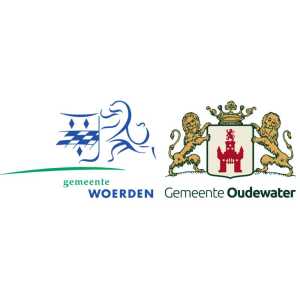
Haarlem
Beleidsadviseur Kabinet CdK
Wij zijn op zoek naar een Beleidsadviseur Kabinet CdK 32-36 uur Wil je werken in het hart van het provinciaal...
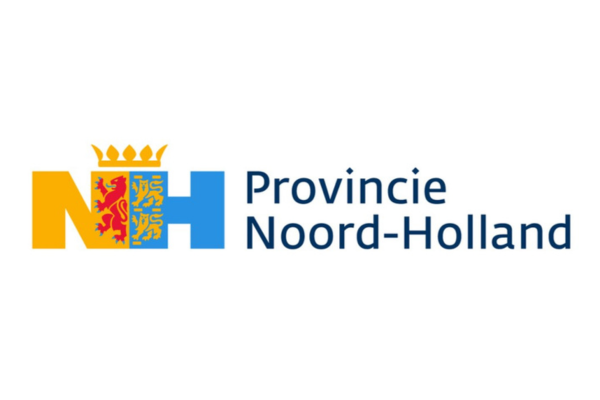
Woerden
Teammanager Strategie, Finance & Control
Breng financiële visie tot leven en bouw mee aan een toekomstbestendige organisatie met maatschappelijke impact.


Oss
Projectleider Gebiedsontwikkeling (32-36 uur)
Bouw mee aan de toekomst van Oss! Als projectleider gebiedsontwikkeling werk je aan wijken, woningen en voorzieningen...
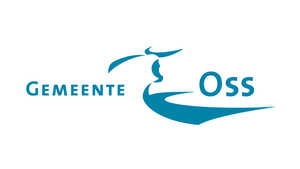
Ubbergen
Manager Finance & Control
Weet jij hoe je de financiële koers van een organisatie duurzaam versterkt? Dan komen wij graag met je in contact!

Den Haag
Voorzitter Raad voor Dierenaangelegenheden
Den Haag
Wo
13 uur
schaal 18 €9.042 - €12.021 (bruto)...
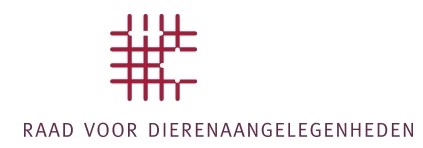
Rijsenhout
Lid Raad van Commissarissen
Verbindend toezichthouder met sectorkennis en toekomstgerichte visie

Enschede
Gemeentesecretaris/algemeen directeur
Richtinggevend leider die organisatie en bestuur samenbrengt, met oog voor de opgaven en toekomst van Enschede

's heerenberg
Manager Supply Chain Projecten & IT
Innovatie, ondernemerschap en teamwork: versterk JCL Logistics in deze uitdagende managementpositie JCL Logistics...

Delft
decaan Bouwkunde
TU Delft is via Wesselo op zoek naar een samenwerkingsgericht en vakkundig
decaan...

Zoetermeer
Risicomanager
Krijg je energie van het doorontwikkelen van het risicomanagementsysteem in een veranderende organisatie? Kom dan ons...

Nieuwegein
Teamleider Ruimtelijk Domein
Vaste functie, 32-36 uur per week, schaal 12 (max. € 6.999,- bruto p/m) Wil jij bijdragen aan een mooier,...

Hilversum
Concernmanager informatie, Innovatie & Ondersteuning
De afdeling Informatie, Innovatie & Ondersteuning bestaat uit de onderdelen Digitalisering, Data & ICT...

Den Haag
Hoofd behandelaar - GZ-psycholoog
Hoofd behandelaar - GZ-psycholoog Elke dag een verschil maken. Dat is wat jij doet als Hoofdbehandelaar in een...
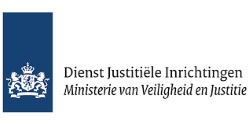
Rotterdam
Strategisch adviseur public affairs
Bij ons draait het om visie én verbinding. 21 gemeenten in de metropoolregio werken samen aan een...

Utrecht
Woordvoerder en senior adviseur van de commissaris van de Koning
Wij zijn op zoek naar een Woordvoerder en senior adviseur van de commissaris van de Koning 32-36 uur per week |...

Zwolle
lid college van bestuur hogeschool Windesheim
Organisatie
Windesheim is een brede hogeschool met 75 opleidingen verdeeld over twee locaties in...

Zwolle
lid raad van toezicht hogeschool Windesheim
Organisatie
Windesheim is een brede hogeschool met 75 opleidingen verdeeld over twee locaties...

Leiderdorp
Gemeentesecretaris/Algemeen directeur gemeente Leiderdorp
1. Wie ben jij?
Jij bent een strategisch sterke en verbindende leider. Je biedt duidelijkheid en...

West-Brabant/Zeeland
Plant Manager (omgeving West-Brabant/Zeeland)
De Plant Manager rapporteert aan de Regional Operations Director en wordt verantwoordelijk voor het aansturen van de...

Utrecht
Twee sectorbestuurders
De AOb zoekt twee sectorbestuurders Landelijk 1,0 fte Wij zoeken twee gedreven en strategisch sterke...

Zwolle
Clustermanager en plaatsvervangend directeur Bedrijfsvoering
Wil jij bouwen aan toekomstgericht onderwijs in een duurzame en innovatieve (leer)omgeving? Heb je visie op...

Ede
Lid Adviescommissie bezwaarschriften: jurist
Heb jij een scherp juridisch oog en affiniteit met milieu en wetenschap? Kom dan ons team versterken!

Amstelveen
Lid raad van toezicht (profiel financiën en risicobeheersing)
Wil jij een bijdrage leveren aan een maatschappelijke organisatie die sterk in ontwikkeling is? Lees dan snel verder!

Rotterdam/hybride
Project- en contractcoördinator Duurzame Energie
Ben jij klaar om het verschil te maken in de energietransitie? Jij krijgt hier energie van: Van A tot Z...
